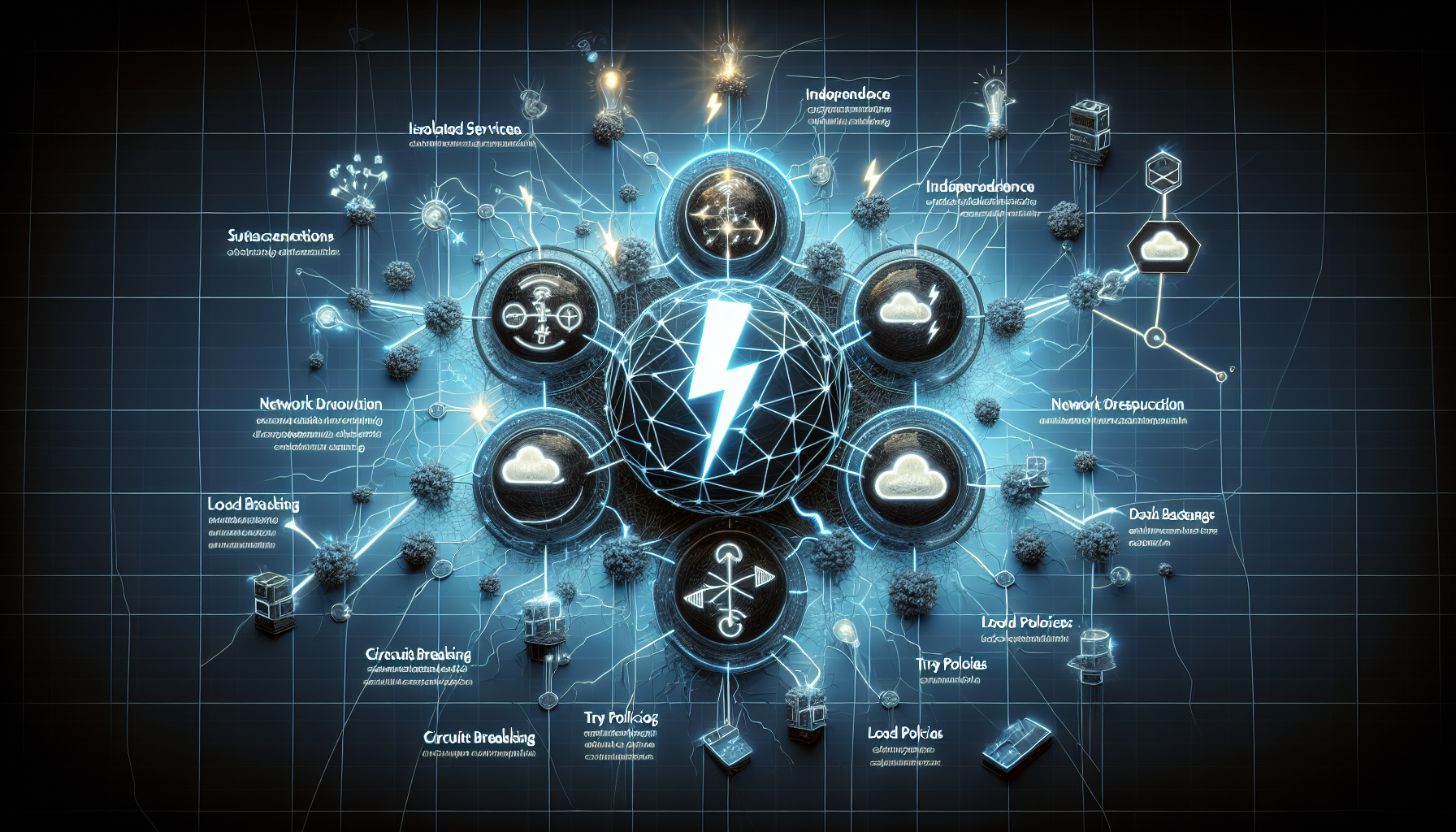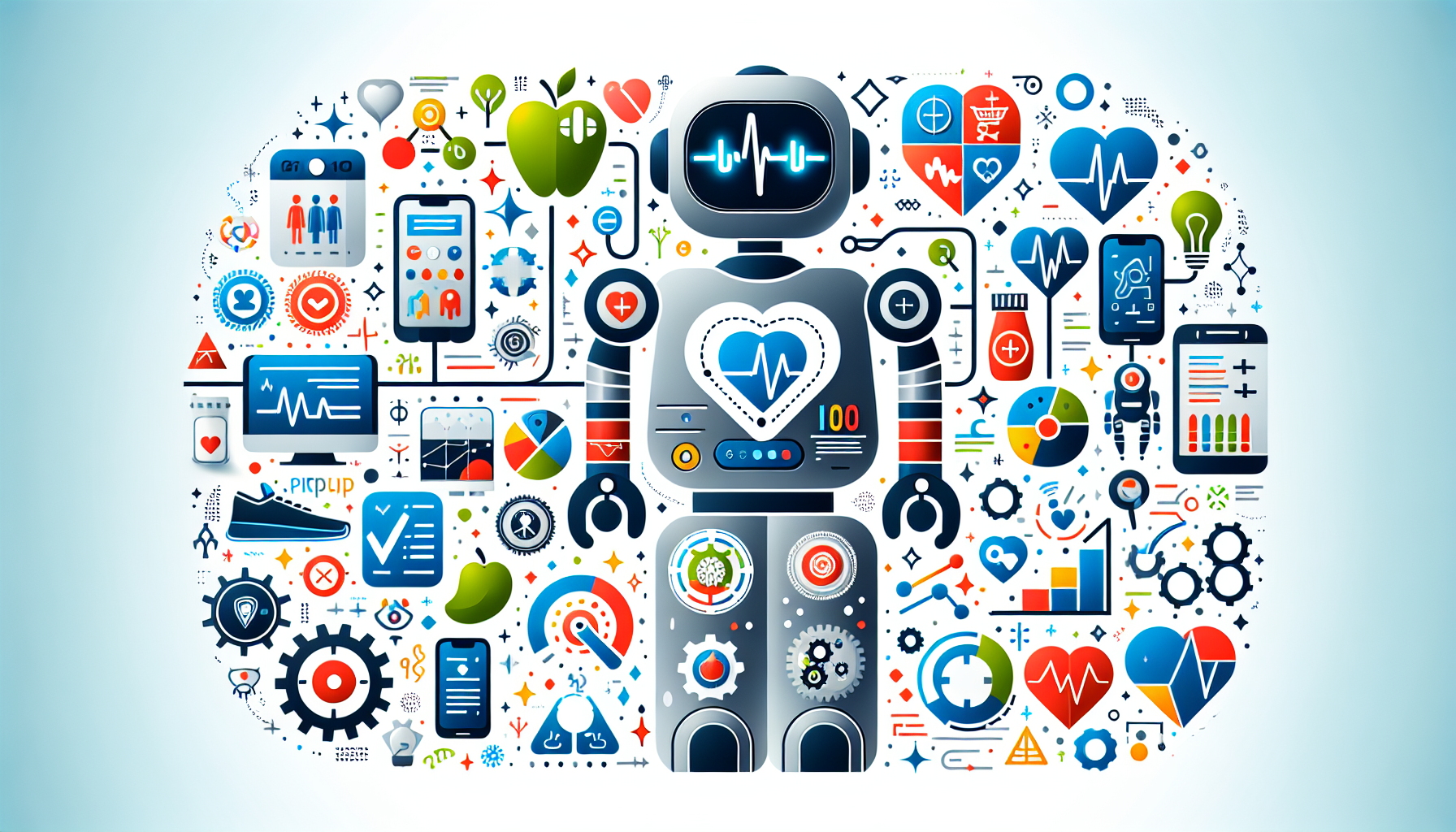The Future of AI Integration in DevOps: Enhancing Automation and Efficiency
In the dynamic realm of software development, the fusion of Artificial Intelligence (AI) with DevOps practices is paving the way for a revolutionary leap in how we develop, deliver, and maintain software. AI’s knack for automation, learning, and decision-making holds phenomenal potential to amplify the efficiency, accuracy, and speed of DevOps processes. This blog post explores how AI integration is transforming DevOps through enhanced automation, predictive capabilities, and smarter decision-making.
Understanding AI in DevOps
DevOps, a blend of development and operations, emphasizes a culture and set of practices that encourage faster and more efficient software development and deployment. By incorporating AI, DevOps teams can leverage automation, data analysis, and predictive technologies to bolster their workflows.
The Impact of AI on Automation
- Routine Automation: AI can automate routine tasks such as code reviews, testing, and deployment, freeing humans for more creative and strategic work.
- Intelligent Builds and Integration: AI can analyze historical data to optimize build schedules and integration processes, reducing errors and improving speed.
Predictive Capabilities
- Anomaly Detection: AI algorithms can predict and detect anomalies in real-time, allowing teams to proactively address potential issues before they escalate.
- Demand Forecasting: AI can forecast system loads or user demand, enabling effective resource allocation and performance optimization.
Key Benefits of AI in DevOps
- Speed and Efficiency: Automated processes and predictive analytics significantly reduce manual efforts and cycle times.
- Quality Assurance: AI-driven testing ensures higher accuracy, detecting issues that might be missed by humans.
- Cost Reduction: Automation reduces labor costs and predictive maintenance can decrease downtime and associated expenses.
- Enhanced Collaboration: AI can also enhance communication among team members by providing insights and data-driven recommendations.
Tools and Technologies Enabling AI in DevOps
Popular DevOps AI Tools
- Jenkins X: Comes with automated CI/CD pipelines that adapt based on machine learning insights.
- Datadog: Monitors applications and gives predictive alerts using machine learning algorithms.
- GitLab: Integrates AI for code review and project management insights.
For a practical example, consider an AI-enhanced CI/CD pipeline scripted in Jenkins X:
pipelines:
pullRequest:
build:
preSteps:
- name: Analyze Code Quality
image: codeanalysis/tool:latest
commands:
- analyze --ai
steps:
- name: Build
commands:
- build
postSteps:
- name: AI Review
image: aireview/tool:latest
commands:
- review --predict
Challenges and Considerations
While the integration of AI in DevOps is promising, there are challenges such as data privacy, ethical AI use, and the initial costs of AI implementation. Additionally, AI systems require large datasets for training, and there is a need for continuous evaluation to maintain and improve AI models.
Conclusion
The blend of AI with DevOps is not just a trend but a progressive shift towards more resilient, efficient, and effective software development practices. As AI technologies evolve, they will likely become a staple in DevOps environments, managing workflows, predicting outcomes, and driving innovations at an unprecedented scale. Thus, embracing AI could propel organizations to new heights of operational excellence and competitive advantage.




